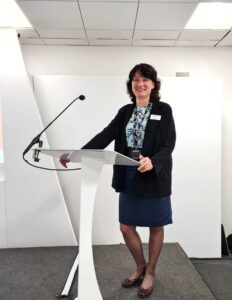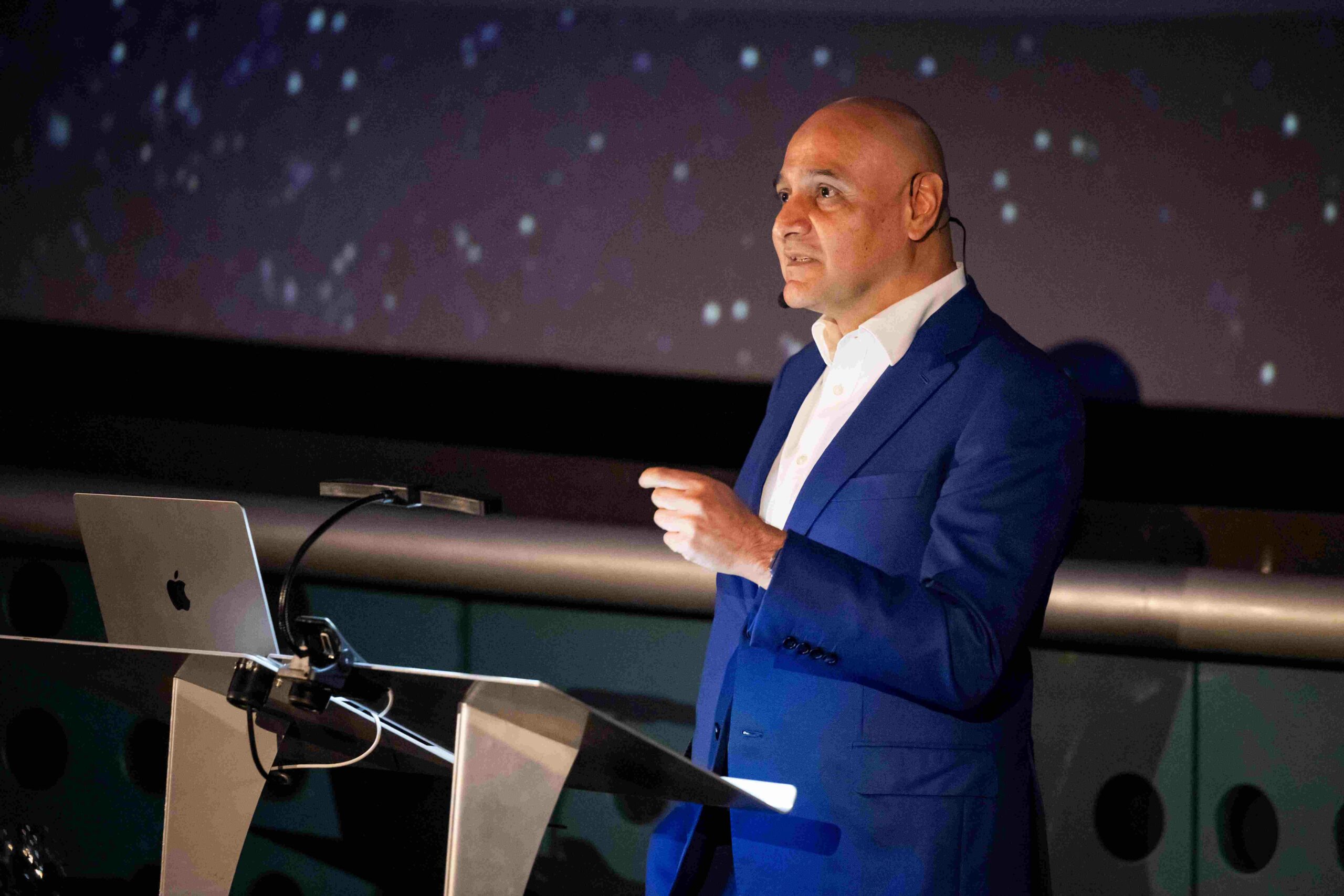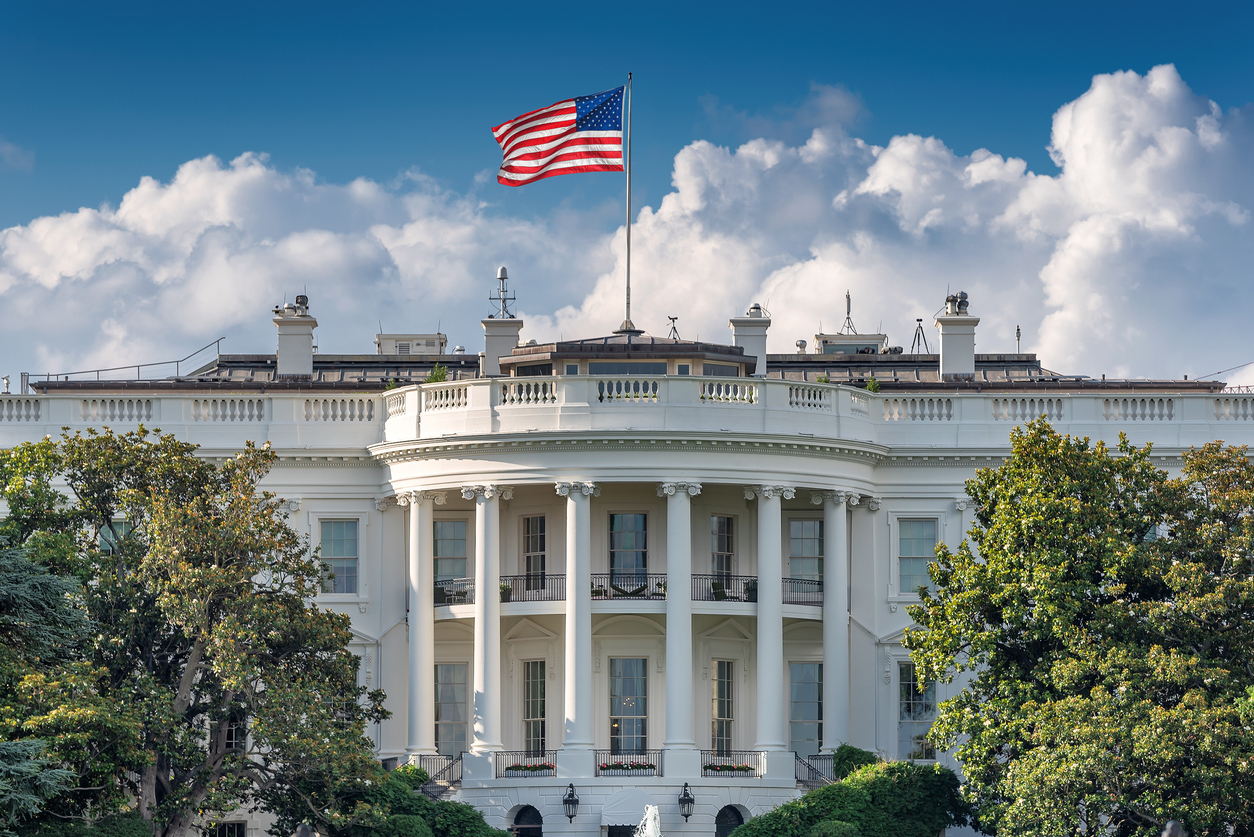Green growth activity in the East Midlands has fallen over the past year amid a cost-of-doing-business crisis – but has still more than doubled since 2015, new research shows.
A joint annual study by East Midlands Chamber and Derby Business School at the University of Derby found the proportion of businesses across Derbyshire, Leicestershire and Nottinghamshire that have made any income from environmentally-friendly goods and services dropped from 45% in 2022 to 36% in 2023.
Despite the drop, this still represents a significant increase on the 16% that reported they derived turnover from goods such as energy efficiency, waste recovery, and eco-food and drink products in 2015, as the business community has increasingly identified opportunities in the UK’s race to net zero.
In the face of conflicting messages from central Government about the net zero agenda, there was also a decline in the number of businesses that believe the policy environment is conducive to engagement in the green agenda – falling from 17% to 13% over the past 12 months.
Other key findings in the Green Growth Trends in the East Midlands 2023 study were a major distinction between large and micro businesses in pursuing green growth opportunities and investing in decarbonisation, while four in 10 businesses are not engaged at all in the low-carbon agenda.
The unique research provides the evidence base that informs East Midlands Chamber’s Sustainable East Midlands initiative, which was launched in 2020 to support businesses in engaging with the green agenda.
East Midlands Chamber director of policy and insight Chris Hobson said: “The drop-off in green growth engagement among East Midlands businesses over the past year can in part be attributed to the ongoing cost-of-doing-business crisis, in which firms have been hit by once-in-a-generation cost pressures across energy, fuel, raw materials and people.
“But this year’s findings have also identified that fewer companies believe the current policy landscape allows them to fully engage with green growth, perhaps the result of mixed messaging from different parts of Government over recent months around the importance of net zero policy.
“The big picture direction of travel, though, is clear. As net zero increasingly forms the bedrock of our national economic strategy the nearer we get to 2050, the more businesses will identify opportunities for growth that has a positive, rather than detrimental, impact on our environment.
“This is why we called on the Government to ‘grow our competitiveness the right way’ as one of the three overarching themes in our regional economic blueprint, A Centre of Trading Excellence: A Business Manifesto for Growth in the East Midlands and Beyond.
“Many barriers to engagement remain, however, so it is imperative our politicians understand that now is not the time to row back on the net zero and sustainability commitments we have made as a country.
“Long-term planning allows firms to grow sustainably and create opportunities for the UK to be world leaders in the products and processes that will drive global growth for decades to come.”
Headline findings from Green Growth Trends in the East Midlands 2023 research
Other key findings from the research, which was based on responses from 368 businesses in Derbyshire, Leicestershire and Nottinghamshire as part of the Chamber’s Quarterly Economic Survey for Q2 2023, included:
- 68% of large businesses report they are actively pursuing green growth opportunities, compared with 31% of micro, 51% of small and 50% of medium-sized companies
- More than a third of organisations invested in decarbonisation initiatives over the past 12 months – increasing to seven in 10 among large companies, which lead the trend
- Manufacturers are investing 1.5-times more in decarbonisation initiatives than services companies
- There has been a three-fold increase in firms reporting up to half of their turnover is made from supplying green goods or services since 2015
- Four in 10 businesses have no turnover generated from green goods and services, a 5% increase from 2022
- The information gap is widening, with the proportion of respondents saying they did not feel well-informed about the support available for green growth rising from 33% to 36% in the past year
- The largest demands for skills development are in the areas of energy efficiency, business strategy, resource efficiency, environmental strategy and waste management.

Dr Polina Baranova, associate professor of strategy and sustainability at Derby Business School, co-authored the report with Dr Fred Paterson, the university’s lead for sustainable business and clean growth.
She said: “This analysis could indicate that the green gains we experienced during the pandemic are starting to fizzle out and businesses are reverting to the conventional, non-green operations and strategies.
“It illustrates the fragility of green growth in the face of economic adversities and how companies of different sizes and sectors are affected differently.
“Net zero does not just make environmental sense, but good business sense, and we now need to see leadership from Government to reverse the slowdown in progress if the UK is to be at the forefront globally of the new green economy.”
Read the full Green Growth Trends in the East Midlands research report here.








